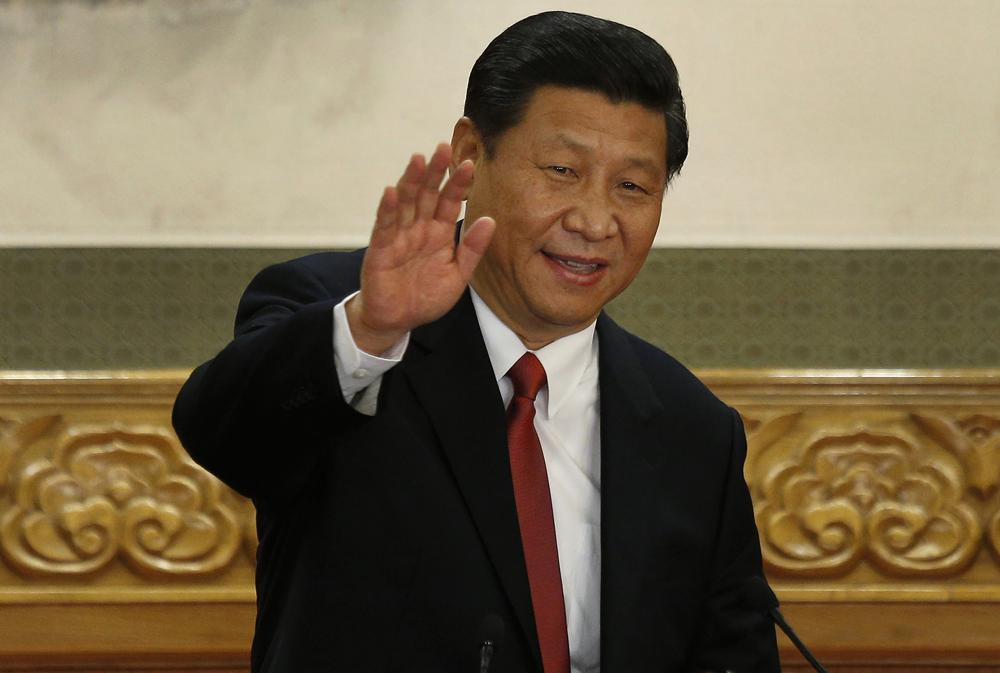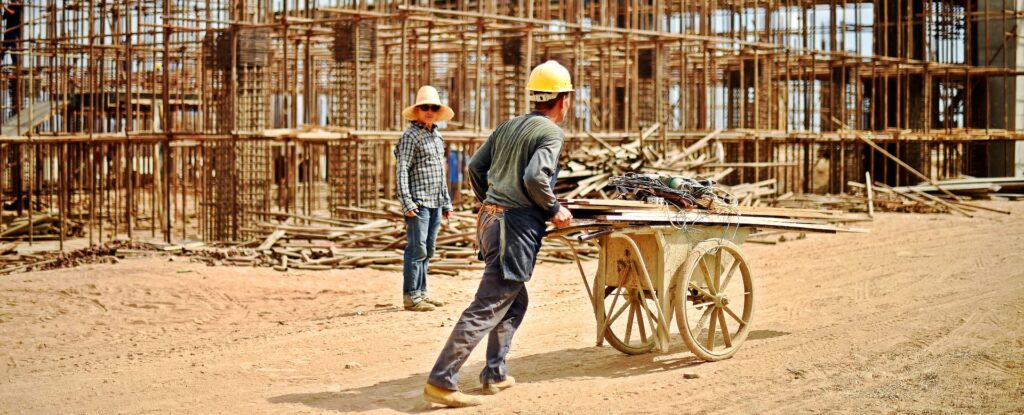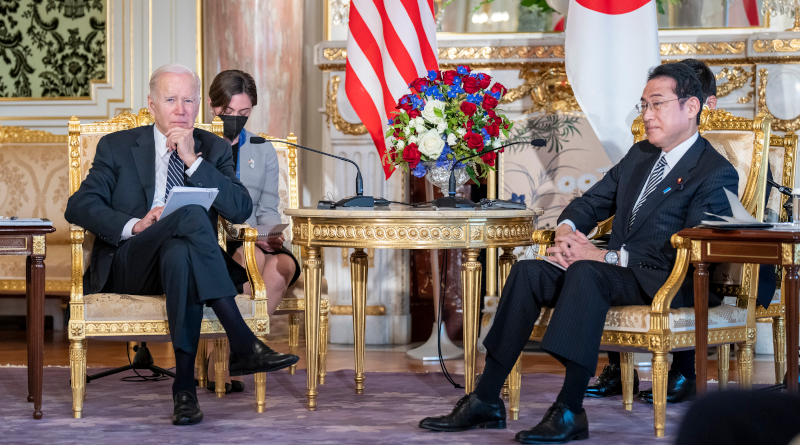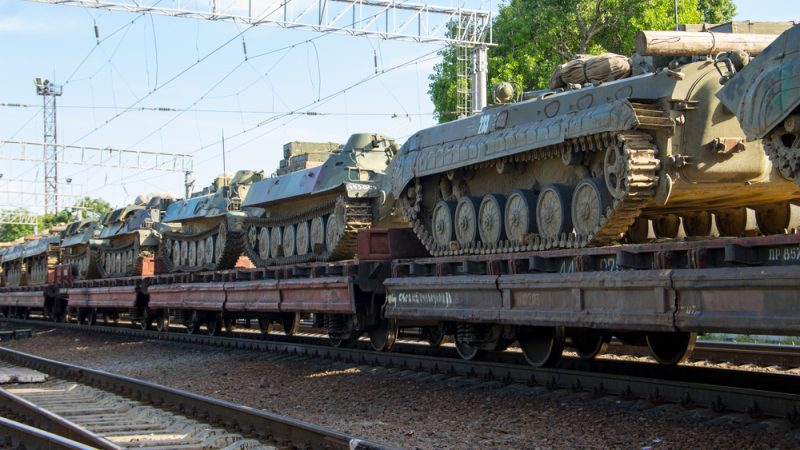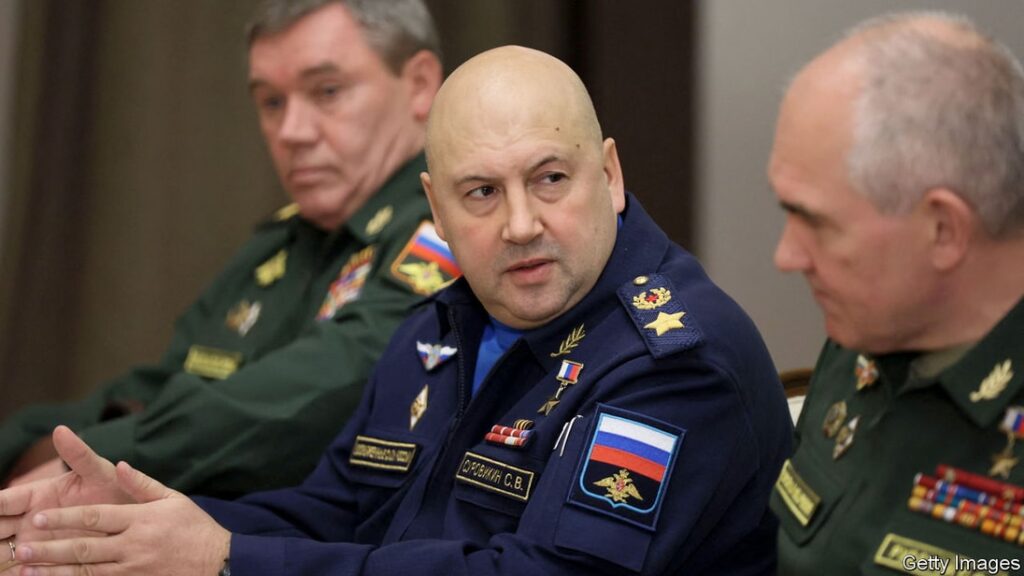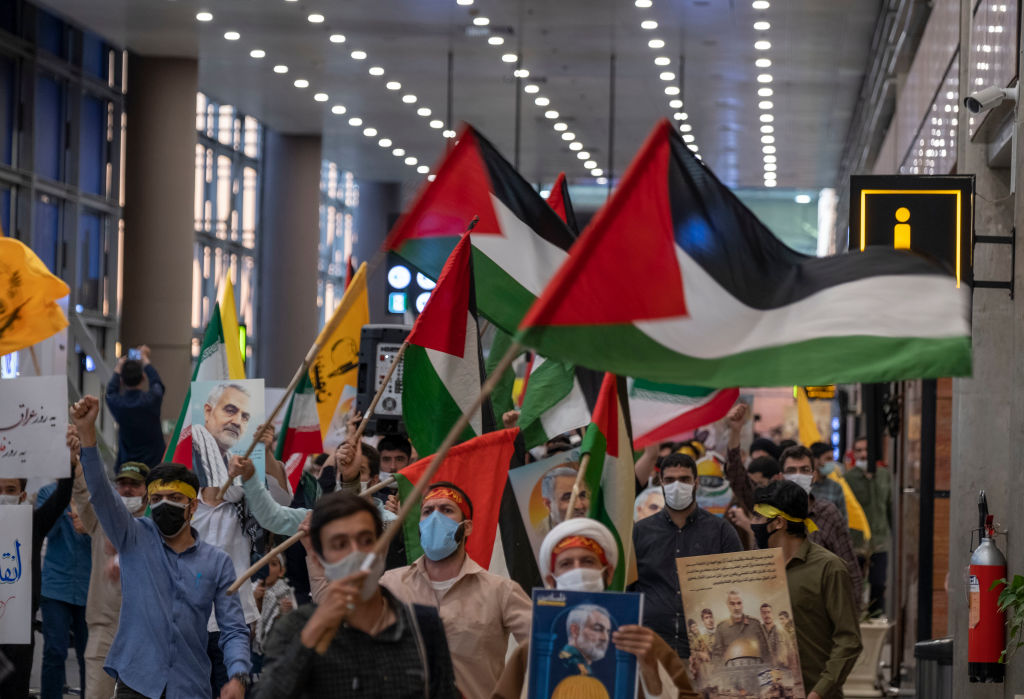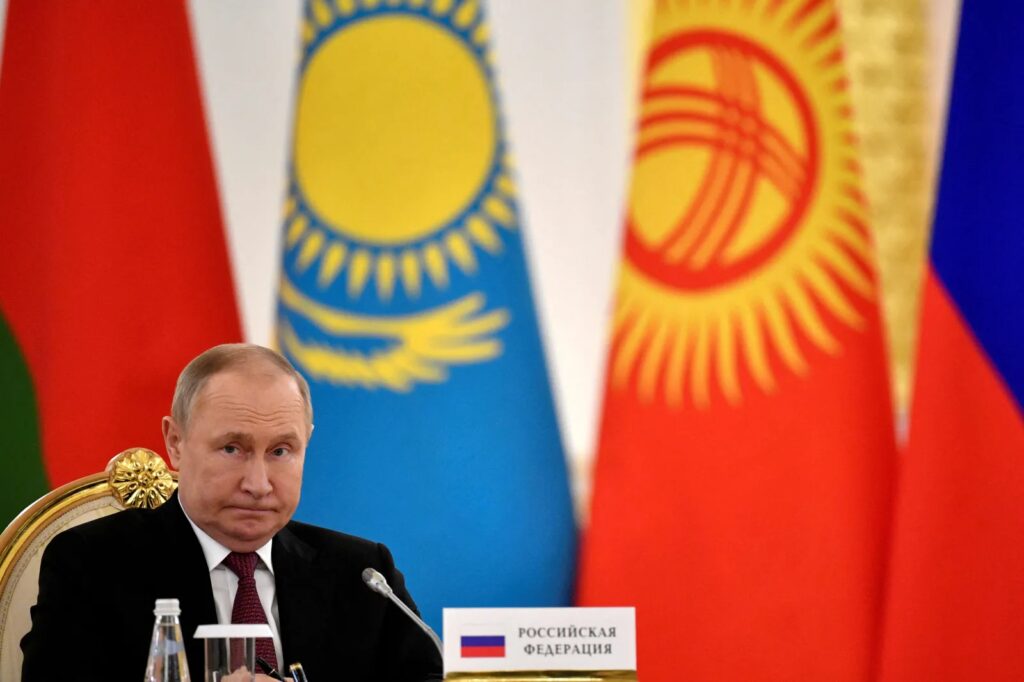How the US can prepare to deter China and defend Taiwan in the 2020s
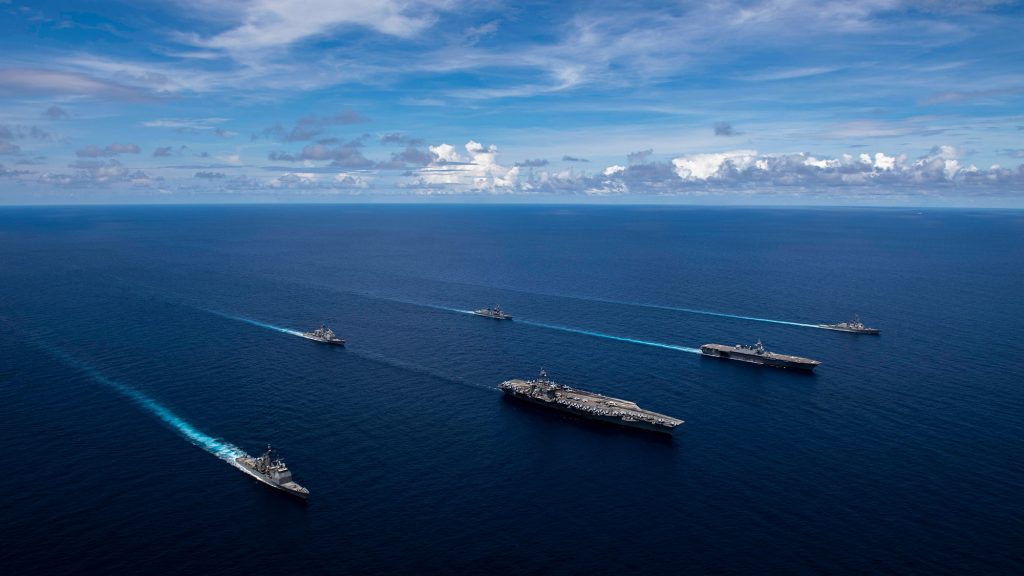
On October 6, former US Under Secretary of Defense for Policy Michèle Flournoy joined the Atlantic Council to discuss, ahead of China’s Twentieth Communist Party Congress, how the United States should invest in military capabilities in the short term to deter China in the 2020s. Below, edited for length and clarity, is her conversation with Clementine Starling, the deputy director of the Scowcroft Center for Strategy and Security’s Forward Defense practice.

